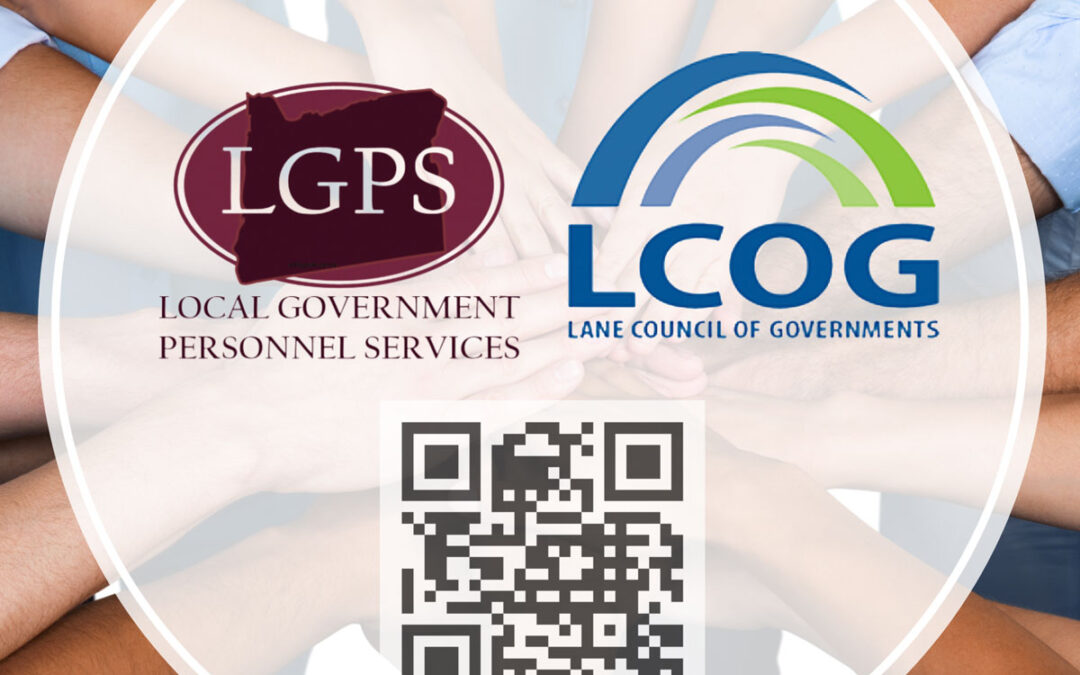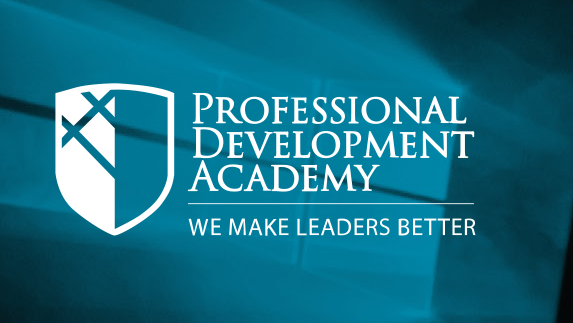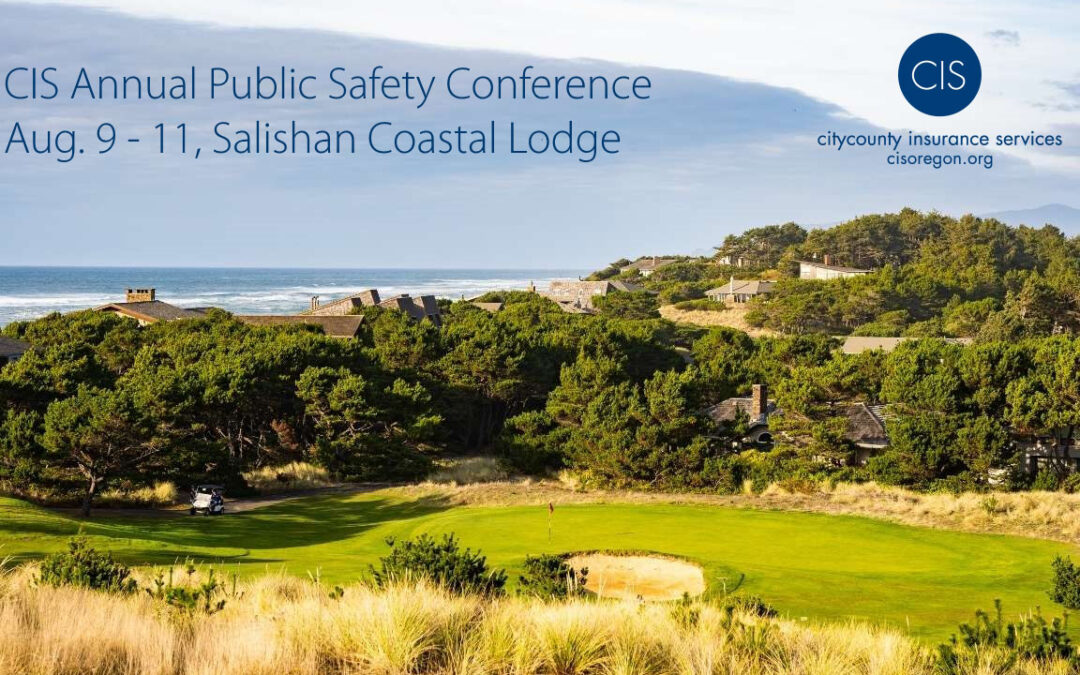
Jan 24, 2024 | AOC Business Partner
Exciting news is buzzing around the Local Government Personnel Services (LGPS) community, and we want YOU to be a part of it! Introducing the LGPS Blog Naming Contest – your chance to contribute to the identity of our new blog and win bragging rights!
To enter the contest, simply send your creative blog name suggestions to us at **asklgps@lcog.org** by March 1, 2024. Your imaginative input could become the official name of our blog and earn you the ultimate accolade – bragging rights all over Oregon!
Let’s take a trip down memory lane to the birth of the iconic candy, Snickers. Named after one of the Mars family’s favorite horses, this chocolate bar has become synonymous with satisfaction. The whimsical backstory proves that a name can carry a legacy, and we believe your creativity can achieve the same for our new blog.
Now, imagine proudly boasting about being the mastermind behind the blog’s name that will resonate across LGPS and beyond. This is your chance to contribute to the story of our organization in a unique and memorable way.
Some reminders about what the Local Government Personnel Services does:
Labor Relations
- Contract Negotiations
- Grievances
- Training for Managers
- Arbitration Representation
Human Resources
- Classification & Compensation Studies
- Workplace Investigations
- Executive Recruitment
- Pre-Employment Background
- HR Technical Support
- Executive Evaluations
Fiscal Consultation
- Interim Assignments
- Budget Consultation
The entry that not only captures the essence of LGPS but also leaves a lasting impression will be crowned the winner. Bragging rights aren’t just a title; they’re a testament to your creativity and connection to our shared mission of supporting local governments throughout Oregon. Along with bragging rights, your name will proudly be a part of our very first blog post! Our team will announce the winner March 4, 2024, on our social media and via email to the winner.
Thank you for your continued support of LGPS. Let’s make this blog naming contest a showcase of our collective brilliance. Get ready to seize those bragging rights and leave an indelible mark on LGPS history and generations to come!
LGPS offers services to cities, counties and special districts in Oregon. Learn even more about our program by scanning the QR code near this article or emailing asklgps@lcog.org with questions.
Good luck!
Sponsored content contributed by AOC Business Partner: Local Government Personnel Services

Dec 18, 2023 | AOC Business Partner
A new platform called Citizenly will bring constituents and elected officials or political candidates together in a positive way. The platform, which has launched in Oregon, is designed to improve the experience of being a citizen and public servant. We’re hopeful that county officials in Oregon will be willing to try out this early version at citizenly.com and let us know how we can improve the platform to meet your, and your constituents’, needs before we expand nationwide.
Here’s why Citizenly was started and how it’s meant to help government officials, candidates, and members of the public.
Citizenly was created because the internet, for all of the good it’s done, hasn’t necessarily improved the experience of being a citizen or public servant. In fact, the internet has arguably made it worse or harder in some ways. If you are a county official, you may have experienced it firsthand: anonymous Facebook users questioning your motives, X (Twitter) users replying to your post with personal attacks, or messages that may be from bots or non-constituents. These toxic interactions have, especially over the last few years, reduced trust locally and nationally. And it’s probably dissuaded some people from public service.
Additionally, members of the public find it difficult to know who represents them at all levels — from federal through state and county down to cities, school boards, and special districts. Simply put, nowhere before has all of this information existed in one place and been well-organized and easily accessible.
Our goal at Citizenly is to change all of that by creating a single place where citizens can go to get information and where public servants can interact with constituents in a way that welcomes discourse and disagreement, but constructively.
Here’s how it works now, in our “beta” phase, and how we envision it developing in the future. Again, we’d love for county officials in Oregon to sign up and help us find ways to improve it before it expands nationally!
In our first release, any resident of Oregon can sign up for free and immediately see all of their elected officials and candidates, along with key information about each. If you are an elected official or candidate, you can also sign up for free and check your profile.
We’re also really proud to have compiled the world’s first and most complete database of every elected official and political candidate in the country, from the President to school boards and special district officials. Our goal for all states is for our data to always be 99%+ complete and 99%+ accurate at any one time — a standard we’ve already met and exceeded in Oregon. (We’ve aggregated all of this information from public sources and don’t distribute any private information.)
So, what’s our vision for Citizenly, and what’s to come? In the months ahead, we’ll be steadily iterating Citizenly to be a little like a mashup of LinkedIn and NextDoor: where those platforms connect users based on professional network or neighborhood, we’ll connect users based on jurisdiction or constituency, as well as political or policy issues of common interest. As an elected official or candidate, you’ll be able to “claim” your profile and update key fields, like your photo and information about you and your role. We’ll offer various outreach and compliance tools, such as surveys for the former and records retention and public meetings notices for the latter. Underneath it all, as a county official, you’ll be able to see whether the person you are interacting with is actually a constituent or not. We’ll be working hard to balance freedom of expression with a prohibition against personal attacks and clearly false statements. In short, Citizenly is intended to be a one-stop shop for sharing and obtaining reliable information, and interacting with others based on constituency or shared policy interests. It’s also meant to be an inclusive place that welcomes people across the political spectrum.
But first things first. We’re really excited about this early version of the platform; however, like any early version, we know that there will be some things we didn’t anticipate or didn’t fully think through. We’d be enormously grateful to any county official in Oregon who signs up (it’s free) at citizenly.com. We welcome feedback from constituents and everyday users as well.
Thanks to Oregon’s county officials for your service and thank you in advance for giving Citizenly a try.
John Horton is the founder and CEO of Citizenly. Prior to founding Citizenly, he worked at the county, state, and federal levels, first as a deputy district attorney in Multnomah County, then as legal counsel to the Oregon House Judiciary Committee, and later as a White House aide. He subsequently founded an Oregon-based technology company, LegitScript, where he served as CEO and Chairman for 15 years. Citizenly is headquartered in the Portland, Oregon, area and has approximately a dozen employees. Citizenly is not a partisan organization, and its employees’ political views span the political spectrum.
*Sponsored content provided by AOC Business Partner Citizenly

Aug 10, 2023 | AOC Business Partner
A new messaging campaign is raising awareness and encouraging applicants to join Eastern Oregon’s behavioral health workforce.
Since May 15, Greater Oregon Behavioral Health, Inc. (GOBHI) and a network of its providers have launched this campaign. The message is: “Come Care With Us.”
The campaign was funded by GOBHI and developed in partnership with providers and community stakeholders. This partnership is called the GOBHI Network. Staff collaborated with the firm CFM Advocates and subcontractors ZPP Productions and Birdee Media to create these high quality products. The launch of the campaign also coincides with Mental Health Awareness Month, which is recognized in May each year.
The GOBHI Network encourages all partners and community members to spread the word that Eastern Oregon is a great place to live and work.
The campaign includes:
- A website with job listings from Community Mental Health Providers and other network providers in the region, information about Eastern Oregon attractions, and details about the GOBHI network.
- Five short videos featuring powerful interviews with behavioral health professionals in Eastern Oregon.
- Social media messaging across multiple platforms. Partners are encouraged to share these posts and tag the campaign on social media.
Radio spots
- In-person recruitment events and outreach to community colleges, universities and high schools serving the region.
- Open letter to all high school students in Eastern Oregon.
The GOBHI Network is thankful for these partnerships and help in disseminating this messaging throughout the community. If you would like more information about the campaign, please contact info@bhcareers.org.
Contributed by: Kristen Paul | Public Affairs Associate
*Sponsored content provided by AOC Business Partner.

Aug 1, 2023 | AOC Business Partner
We would like to acknowledge and congratulate the April NACo Leadership Academy graduates from Oregon. They join over 10,000 graduates and current participants from across the country benefitting from the 12-week online program enabling existing and emerging county leaders to achieve their highest potential.
- Aiyana Bankston, IT Business Analyst, Washington County
- Al O’Quinn, ITS Project Manager, Washington County
- Angela Dolan, Management Analyst II, Washington County
- Brian Hanes, GIS Coordinator, Washington County
- Bryan MacDonald, Configuration Management Supervisor, Washington County
- Charlene Bosell, Senior Database Administrator, Washington County
- Christina Pomrenke, Project Manager, Multnomah County
- Dan Spraker, Network Administration Supervisor, Washington County
- Darren Nichols, Community Development Director, Benton County
- Destiny Fogarty-Olivas, ITS Project Manager, Washington County
- Diane Lee-Kuneer, Administrative Specialist II, Washington County
- John Williams, Facilities Operations Manager, Washington County
- Judy Williams, Strategy and Integration Manager, Lane County
- Justin Ramsdill, Systems Administration Supervisor, Washington County
- Kea Sundberg, Senior Management Analyst, Washington County
- Kevin Babbitt, Advanced Technology Manager, Washington County
- Luke Ross, Technical Services Manager, Washington County
- Mitchell Hernandez, Appraisal Supervisor, Umatilla County
- Nada Mohamoud, IT Business Analyst, Washington County
- Nikki Underwood, Helpdesk Supervisor, Washington County
- Rebekah Bishop, Sr Information System Analyst, Washington County
- Sam Kim, Interim CIO, Washington County
- Savannah Lane, Assistant Director of Budget and Finance, Umatilla County
- Shane Boyle, Systems Administration Supervisor, Washington County
- Suzie Dahl, Director of Land Development Services, Columbia County
- Theme Grenz, Project Management Office Manager, Washington County
- Wayne Flynn, Advanced Technology Manager, Washington County
Invest in Your Team with Leadership Training!
Our September cohort is just around the corner. Prioritize leadership development today and deliver results for your team and county. Scholarships are available.
CLICK HERE TO LEARN MORE AND ENROLL
Developed by General Colin Powell, the Professional Development Academy and NACo, the High Performance Leadership Academy is an online 12-week program that helps your workforce develop fundamental, practical leadership skills to deliver results for counties and residents.
Contributed by: Kristen Paul | Public Affairs Associate
*Sponsored content provided by AOC Business Partner.

Jun 22, 2023 | AOC Business Partner
Recently, CIS unveiled their digital Annual Report for 2022. For those who may have missed it, here’s a copy.
Brief Orientation Videos Explain CIS Coverages and Services
CIS strives to make their coverages and services easier to understand. To further this strategic goal, they’ve created six concise orientation videos that explain: Underwriting, Claims, CIS Benefits, Risk Management, and Pre-Loss. They also created a brief overview video titled Stand with Us. To learn more about CIS coverages or services, please take a moment to watch some (or all) of the videos.
Contributed by: Bill LaMarche | CIS Public and Member Relations Manager
*Sponsored content provided by AOC Business Partner.

Jun 20, 2023 | AOC Business Partner
With each passing year, Post Traumatic Stress Disorder (PTSD) has become more prevalent with first responders. Join CIS experts as they address this issue and many other public-safety-related topics during the Annual Public Safety Conference, Aug. 9-11 at Salishan Coastal Lodge (Gleneden Beach). Registration for this event is FREE for those members with CIS general liability coverage.
The three-day conference will highlight many issues, including employment-law trends, trauma training, and social media best practices for command staff and public information officers (PIOS). In addition to the high-quality training, attendees will receive 15 DPPST credits, and valuable networking opportunities with public-safety leaders from across the state.
This event is FREE for our members with our general liability coverage. Travel and overnight expenses are the responsibility of each attendee.
Click here to to learn more about this event.
Contributed by: CIS
*Sponsored content provided by AOC Business Partner.






